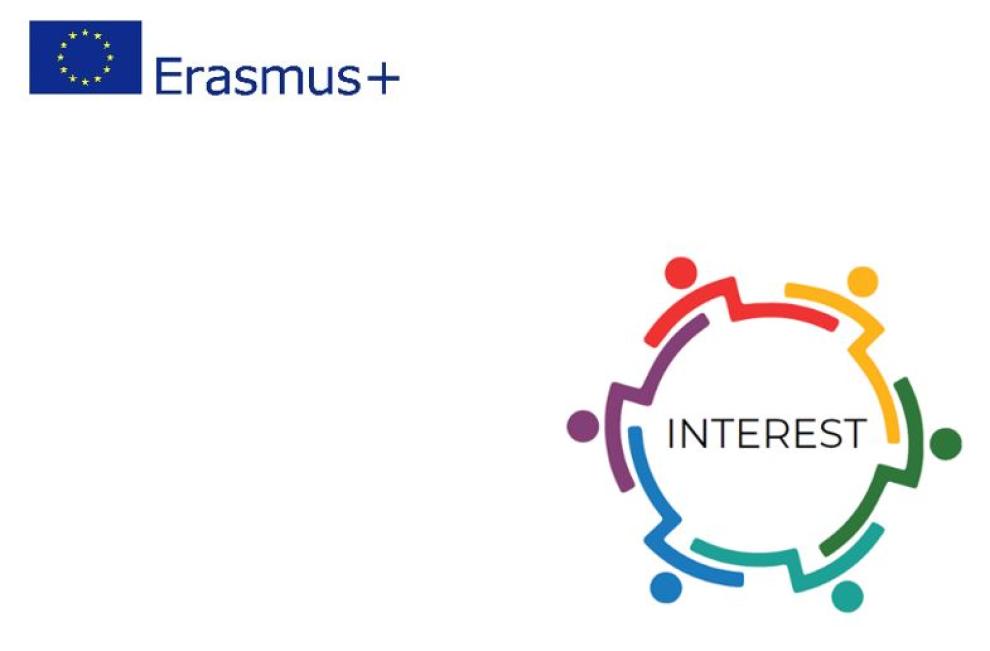INTEREST – integrated reporting for SMEs Transparency
Interest – Erasmus+ Key Action 2 Strategic Partnership

Objectives of the project
The aim of this project is to provide a framework, guidelines and practical training for small and medium-sized companies (SMEs) in how to introduce and use integrated reporting (IR).
In order to compete and be successful, SMEs need to work together with large, multinational companies and be active on the international market. They also need to secure investments from different providers of finance and to communicate with other stakeholders with whom they interact. To meet these challenges, SMEs must build understanding of and trust in their business. Therefore, they have to communicate a clear, concise story of the value creation process that underpins their business activities. This is where a holistic corporate reporting approach, called Integrated Reporting (IR), comes in. Corporate reporting is not the strong point of SMEs. To display their whole value creation process and to secure the confidence of investors and stakeholders, SMEs need to move beyond financial reporting.
According to the International Integrated Reporting Council, integrated reporting is the concise communication by companies of how their strategy, governance, performance and prospects, in the context of their external environment, lead to value creation over the short, medium and long term. At the centre of this concept is the idea that companies should expand their reporting to include all the resources that they input into their business models and that they enhance, consume, modify and affect through their activities and outputs. These resources or capitals consist of financial, manufactured, intellectual, human, social and relationship and natural capitals. Integrated reporting represents a reporting tool that companies can use to communicate their value creation processes to finance providers and other stakeholders. However, in order to create such a holistic value creation process, integrated reporting needs to be underpinned by the management tool of integrated thinking. Integrated thinking involves companies actively considering the relationships between their various operating and functional units and the capitals that they use or affect. It thus has two dimensions: deepening understanding and communication across the boundaries of department structures internally within companies and encouraging companies to develop a more holistic understanding of their interaction with external stakeholders.
Integrated reporting is becoming more common in the world of large companies. It goes beyond the separate reporting of financial issues in annual reports and social and environmental issues in sustainability reports. The prospect of more large companies taking up integrated reporting has increased since the introduction of the EU Directive on non-financial disclosure (EU Directive 2014/95). The directive does not apply to SMEs in order not to overburden them. However, there are ongoing discussions at European level concerning non-financial disclosure and SMEs.
Integrated reporting has been designed primarily with large companies in mind. This project aims to adapt the concept for SMEs. In particular, it has the following key objectives:
- To devise a model integrated reporting framework that is tailor-made for SMEs and that they can therefore access easily. This will include a clear definition and adaptation of the capitals relevant for SMEs.
- To compile a guide that defines the financial and non-financial capitals and quantitative and qualitative key performance indicators (KPIs) for the whole value creation process. The purpose of the guide is to give practical instructions for SMEs in how to design their integrated reporting according to the framework.
- To develop curricula based on the guide for two major target groups of the project: a) senior managers of SMEs and b) students (future managers of SMEs, accountants, mentors etc.). The curricula will be in the form of a mixture of interactive workshops, on-line contents and work-based learning units to make the training attractive and easily accessible for the two target groups.
For more details, please also see the project website: https://www.interest-project.eu/index.php/
Quicklinks
Institutional framework and financier of the research project:
European Commission:
Erasmus+ Key Action 2 Strategic Partnership
Project reference number:
2019-1-HU01-KA202-060911
Project duration:
01.10.2019 – 31.03.2022
Grant:
Total grant €328.999; HSRW grant: €51.429
Institutional consortium:
University partners:
Budapest Business School, Budapest, Hungary (coordinator)
Leeds Beckett University, Leeds, United Kingdom
Rhine-Waal University of Applied Sciences, Kleve, Germany
University of Udine, Udine, Italy
Wroclaw University of Economics, Wroclaw, Poland
Babes-Bolyai University, Cluj-Napoca, Romania
Non-university partners:
MAC-team aisbl, Brussels, Belgium
EFAA – European Federation of Accountants and Auditors for SMEs, Brussels, Belgium
Business Hungary, Budapest, Hungary
HSRW team:
Professor Dr. Philipp Schorn
Professor Dr. Ralf Bauer
Professor Dr. Ralf Klapdor
Dr. Anne Tempel
